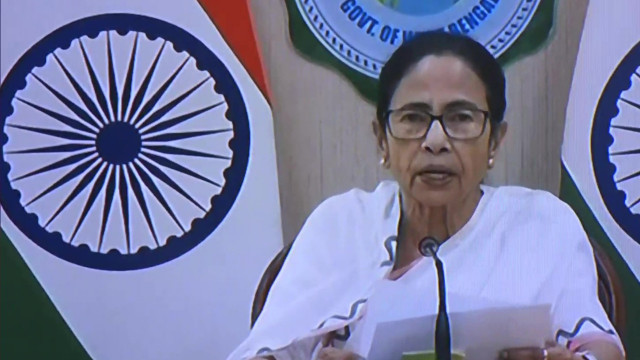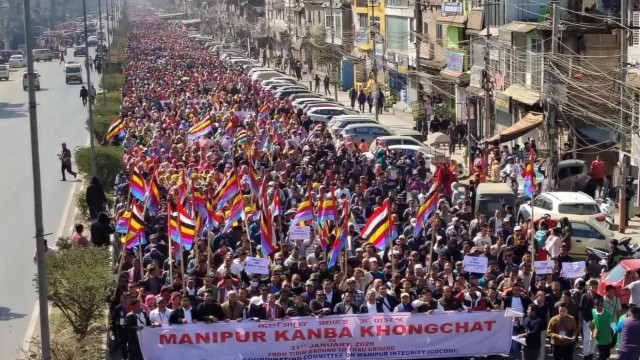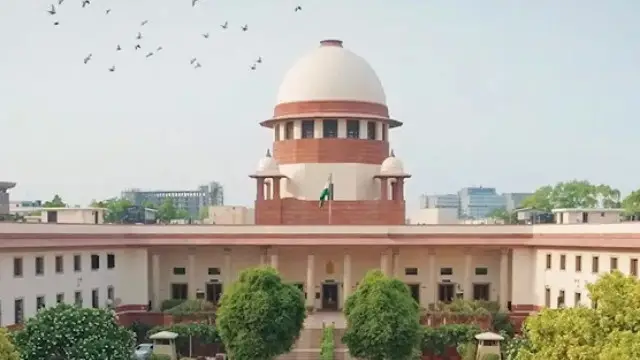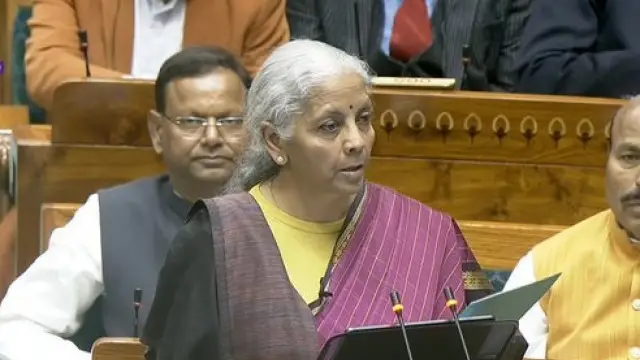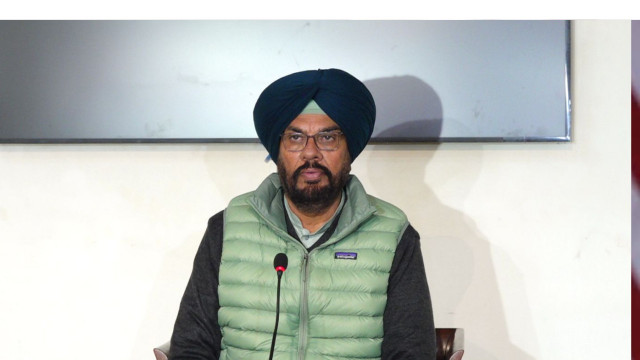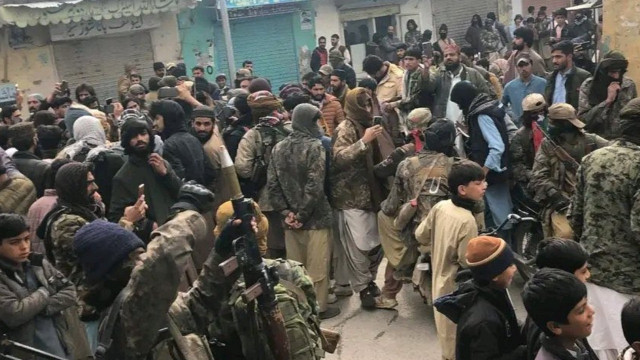Nationwide Mock Drills Set for Tomorrow: MHA Seeks State Reports, Security Concerns Drive Exercise
The Ministry of Home Affairs (MHA) has directed all states to conduct comprehensive civil defence mock drills on May 7, 2025, across 244 districts, with a report on preparedness due post-exercise, as announced on May 5.

Comprehensive Civil Defence Drills
The Ministry of Home Affairs (MHA) has mandated nationwide civil defence mock drills on May 7, 2025, across 244 districts, with states required to submit detailed action reports post-exercise, as announced on May 5. The first such initiative since 1971, the drills include air raid sirens, blackout measures, evacuation rehearsals, and civilian training to prepare for potential hostile attacks. Over four lakh volunteers, including National Cadet Corps (NCC), Nehru Yuva Kendra Sangathan (NYKS), and students, will participate, alongside district authorities and Home Guards. The MHA aims to enhance public readiness amid heightened security concerns, with states instructed to activate control rooms and clean bunkers, particularly in border areas like Jammu and Kashmir.
Backdrop of India-Pakistan Tensions
The exercise follows the April 22, 2025, Pahalgam terror attack, which killed 26 civilians and was linked to Pakistan-backed Lashkar-e-Taiba, escalating India-Pakistan tensions. Pakistan’s 11 consecutive nights of ceasefire violations along the Line of Control and recent missile tests have prompted India’s diplomatic measures, including suspending the Indus Waters Treaty. The MHA’s directive, issued after a May 2 communication on vulnerable districts, reflects fears of further hostile actions. A 30-minute blackout drill in Ferozepur Cantonment on May 4 demonstrated protocols like switching off lights and camouflaging installations, setting a precedent for tomorrow’s nationwide effort.
Why the Drills Are Necessary
The drills are critical to educate civilians on self-protection during emergencies, such as aerial strikes, and to test infrastructure resilience. Training includes evacuation to bunkers, as practiced in Poonch schools, and blackout measures to reduce visibility. The MHA emphasizes coordinated efforts to identify operational gaps, especially in border states like Punjab and Rajasthan. With Pakistan’s aggressive posturing and global calls for restraint from the UN and Russia, the exercise ensures India’s preparedness for worst-case scenarios while signaling a proactive defence stance.
Implications for National Security
The mock drills, rooted in the Civil Defence Rules of 1968, mark a strategic shift toward integrating civilian readiness with military preparedness. States’ reports will highlight execution challenges and inform future protocols. As Prime Minister Narendra Modi vows a strong response to terrorism, the exercise underscores India’s resolve to safeguard citizens. The nation watches closely, balancing heightened alertness with hopes for de-escalation in a volatile region.




